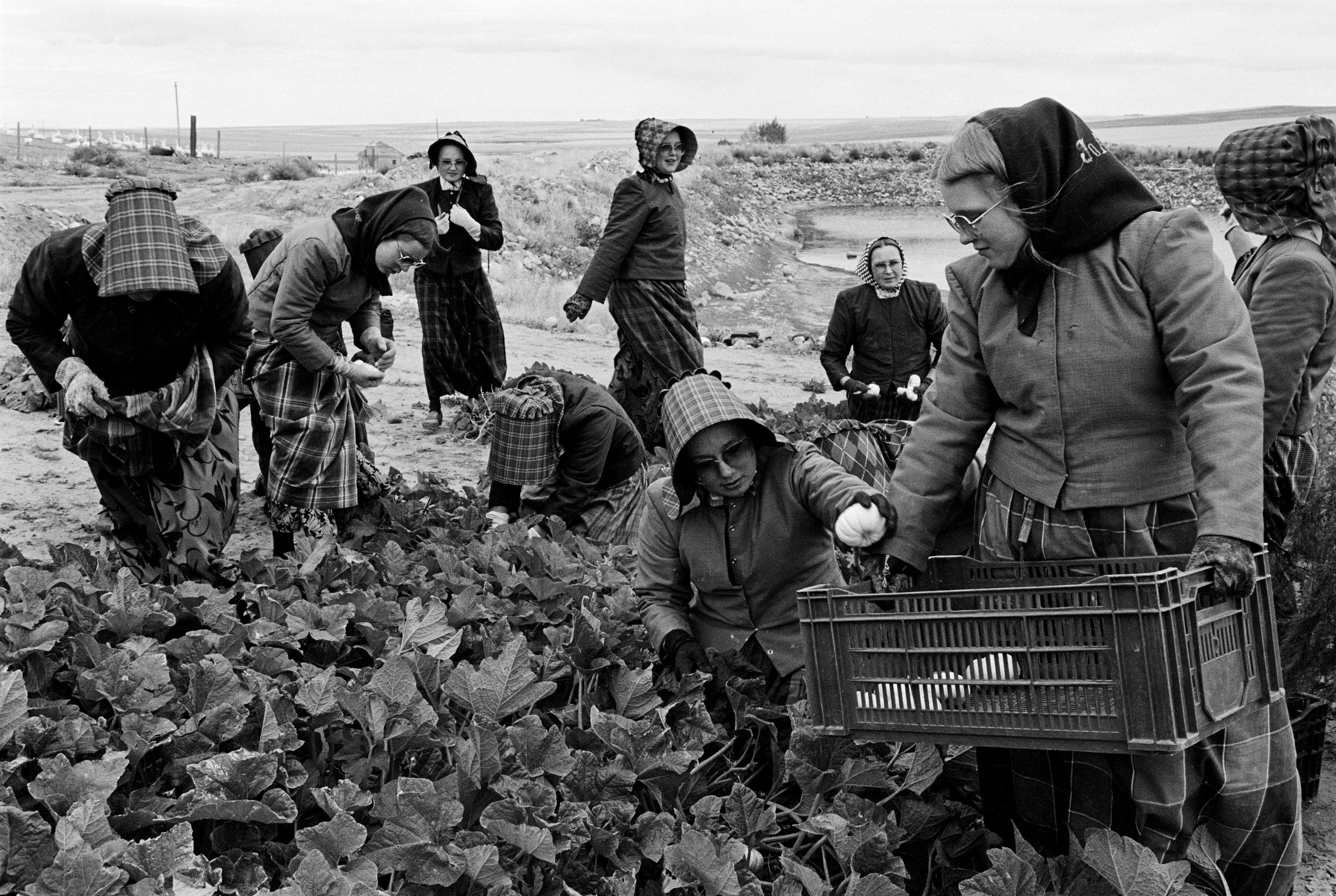Synergia Ranch / The Theater of All Possibilities

Santa Fe, New Mexico
Ecovillage
Private Property
1964 - 1973

The geodesic dome at the heart of Synergia Ranch was constructed to exacting standards, unlike some of its counterculture brethren. The dome served as a meeting space for lectures on topics ranging from Sufism to Fuller’s Spaceship Earth, and theatrical performances by the Theatre of All Possibilities.
In 1974, the oil-heir Ed Bass moved into Synergia Ranch, eventually funding and founding the Institute of Ecotechnics, dedicated to ecological research, with Allen and the ambitious Biosphere 2 project. Today, Synergia Ranch still operates as an organic farm, conference center, and event space.



Nam semper semper ex
In porttitor pellentesque sapien